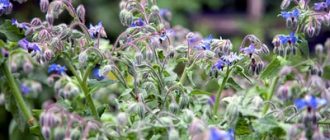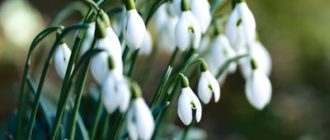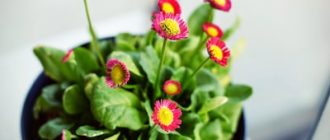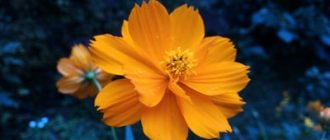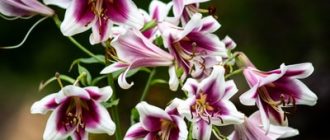
Gardening has been in existence for centuries, and vintaging is now catching on in the east coast. The art of creating a home or mini-mountain is more than a fad in these days and is becoming more and more popular.
The kitsch factor is very important in vintaging gardens. Some kitsch can be quite tacky such as kitschy creepers and mini-panache. However, there is an elegance to some that may be hard to categorize. Certain garden styles lend themselves nicely to vintaging; for instance, the cottage style or even the more formalohl beeducation garden.
Many plants can be used to make your garden vignPay attention to the shapes in your garden. You want a garden as smooth and deliberate as possible. Thus you need to plan your garden as carefully as you can.
The forms of your garden are also important factors. At first sight, it can be easy to categorize, but in reality these forms vary from one environment to the next and from one garden to the next. Think of your home without a home office, then a landscape designed by a contractor would be nothing more than messy.
The next thing to consider is the plants. In a formal garden, it is not unusual to have plants such as boxwood, quieter trees with huge leaves, evergreen shrubs, shrubby honeysuckle and holly.
For cottage gardens, some plants commonly used are roses, sunflowers, holly, delphinium, foxglove, lavender, garden phlox, catmint, aloe, thyme, sage, tarragon, rosemary and thyme.
Tip:You can get some wonderful books about plants or check the Onganging Leaf Press website if you are looking for some good books.
The next thing to consider is the container. In a vegetable garden, the planters are usually wide and shallow and many times help to hold the soil and the plants in place. This is important as your mini-garden may not be able to support heavy weight.
The pots should be shallow (4-5 inches) and be long or wide. If you have narrow containers, you will need to do some pinching to even distribute the plants within the pot.
The flowers and herbs that you grow will have a lot of root space so don’t waste any space. Abundant flower and herb gardening requires a good bit of planning, planting and management.
(As a side note, in vintagating gardens there is a lot of pruning and clipping going on as vining plants cascade.)
3.Choosing your Edible Plants
Herb gardening is a great way to discover new culinary ingredients. If you are going to grow your own herbs, you must learn what to use them for and what are the dangers of using certain herbs.
4.Choosing Your Garden Location
Now that you know the purpose of your herb garden, you need to spend some time understanding the best location for your herb garden.
A sunny location is a must for any herb garden. You may have a shaded area which is OK for some herbs. However, most herbs want at least 4-6 hours of sun.
Other great herbs to grow in the shade are rosemary and thyme. In deep shade requiring at least 8 hours of sun, fro growing herbs like parsley and mint is not a viable option.
5. Preparing Your Soil
For a successful herb garden, needs are important. broke down quickly and easily, or with the use of organic materials and fertilizers like manure.
When breaking down, you will want to use a compost (either homemade or purchased).
If you are preparing your soil by hand, you will want to use a cultivator or spade to get the shape of soil that you desire. You may want to use a hoe as well. You will want to put a layer of soil on top and water. You will want to put mulch or pine straw in the layer of soil to maintain moisture.
Soil preparation is paramount for any new garden. You will need to work the soil to a fine texture and then add either rice hulls or sand. You will want to add sand for fine powdery soil and rice hulls for sandy soil.
You will find that most herbs can be grown in the same pot as you would for annuals but will need to be divided periodically and moved indoors or to a sunny area.
While the smaller container herbs are popular, you can grow larger herbs like rosemary in a large container.
6.Watering your herbs
All herbs just like other plants need to be watered when they are initially watered.

